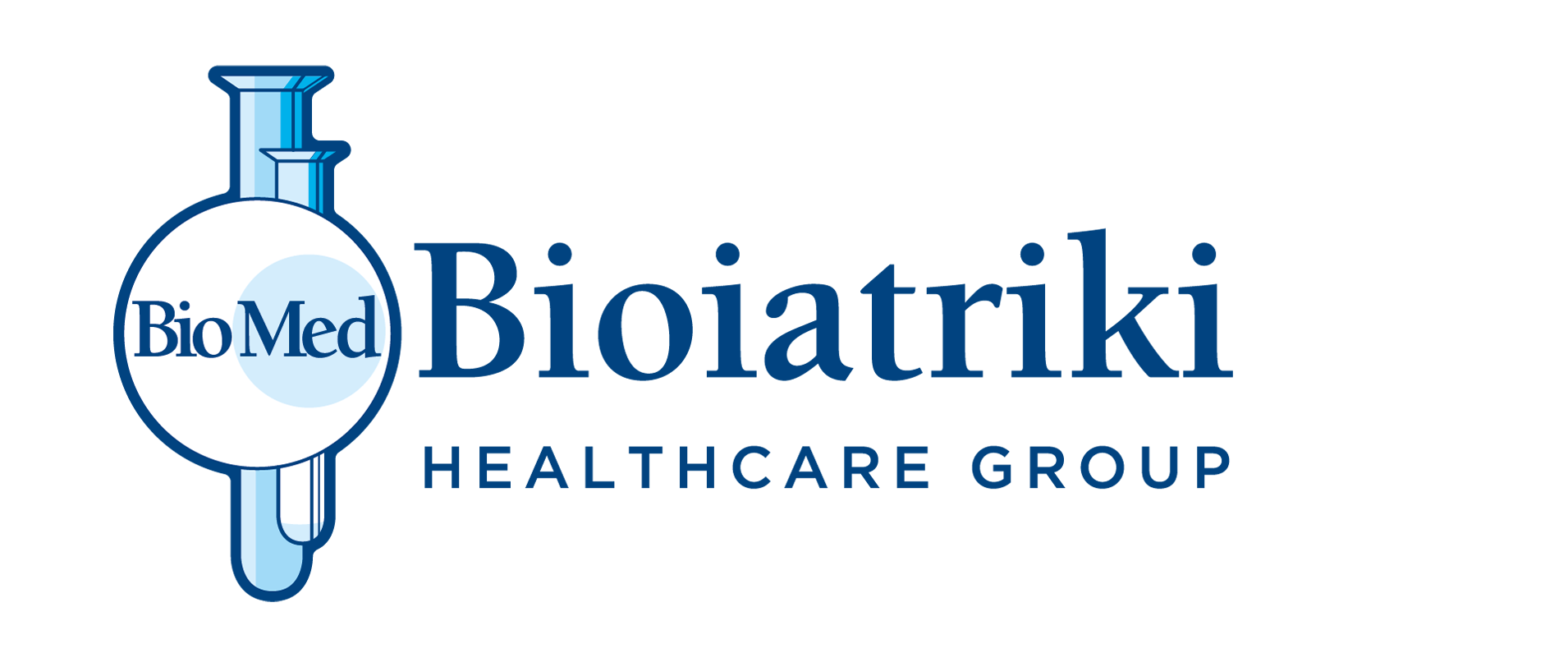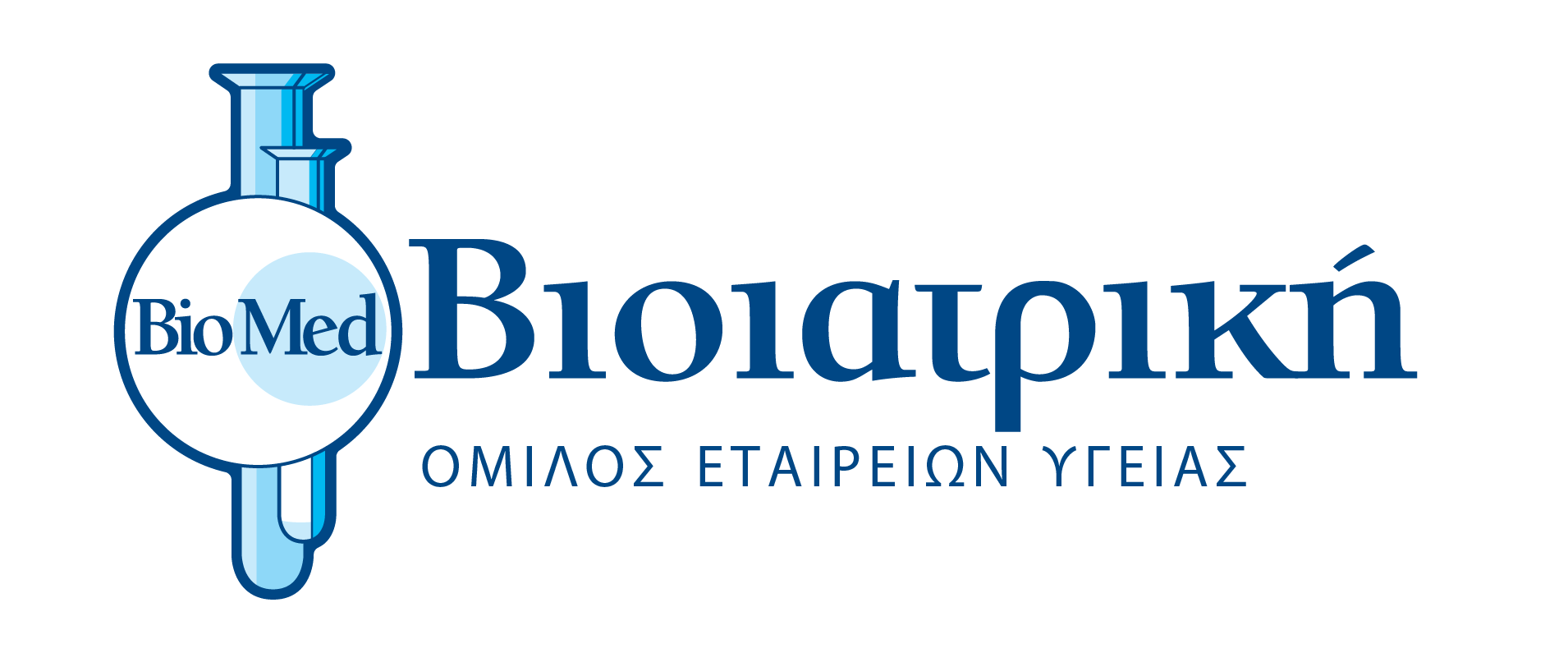Simple and painless medical examinations safeguard and prevent serious diseases

by Kyriakos Yiannoukas*
The COVID-19 pandemic has significantly affected our daily lives and our health is at the forefront through the thousands of coronavirus tests performed in our country daily. However, unfortunately, worldwide there are less and less routine preventive health checks (or screening), which are proven to save lives.
Scientists around the world are sounding the alarm and citing the disappointing results of numerous researches regarding the public neglect of check-ups, which may lead to serious future consequences to public health, and to states’ economy.
Recently, the Hellenic Cancer Federation published international statistical data according to which, worldwide, in 2020 the percentage of patients diagnosed with cancer decreased by almost 40%, compared to 2019. Scientists believe that the decrease is not due to actually fewer cases of cancer, but due to less routine examinations because of the pandemic, thus, fewer in time diagnoses.
Cyprus is no exception. Recently, the Cyprus Society of Cardiology published the results of a study it conducted, according to which a many of our fellow citizens are more concerned about the coronavirus compared to other diseases, all while they have neglected their general health issues (a doctor’s appointment, medical examination or medication) or neglected to report any health issue for fear of exposure to the virus when visiting health services.
The global medical community has highlighted and substantiate the importance of early diagnosis through check-ups, the early detection of benign and malignant tumors or predisposing factors, for the treatment in their initial stages, before causing irreversible damage to the body. In this way, morbidity and mortality in the general population is reduced.
Check-ups include more than 50 medical tests via blood, urine, and feces samples, the results of which help to assess various diseases. Sampling should occur in the morning, and depending on the medical examination, patients may need fasting for 12-14 hours prior to the examination. Through these check-ups, medical specialists can assess:
anemia
-cardiovascular diseases
-several types of cancer (with cancer markers for the pancreas, the gastrointestinal tract, the ovaries, the breast, the bladder, and the prostate)
-thyroid gland’s function, the liver
-the urinary, gastrointestinal, and immune system
-joint diseases
-hepatitides (A, B, C)
-diabetes
-osteoporosis
General preventive medical examinations are categorized into more specific ones. Each group / category consists of the most basic medical tests, which are necessary for the information needed to assess organs’ functions that make up the basic functions of our body.
Screening is suggested for men, women, and children of all ages. Depending on your age and history, your personal doctor will advise you on the frequency and the medical tests you should have.
In addition to screening, basic principles of a healthy lifestyle must be followed (healthy eating, exercise, maintaining a normal weight, avoiding alcohol abuse, smoking cessation), which are the culmination and the basis for good health.
The Greek philosopher, and father of medicine, Hippocrates had said: “I will prevent disease whenever I can, for prevention is preferable to cure.” His statement is always relevant, reminding us of the importance of prevention for what is most valuable to us: Our health!
*CEO of Yiannoukas Medical Laboratories, BIOIATRIKI Healthcare Group in Cyprus









